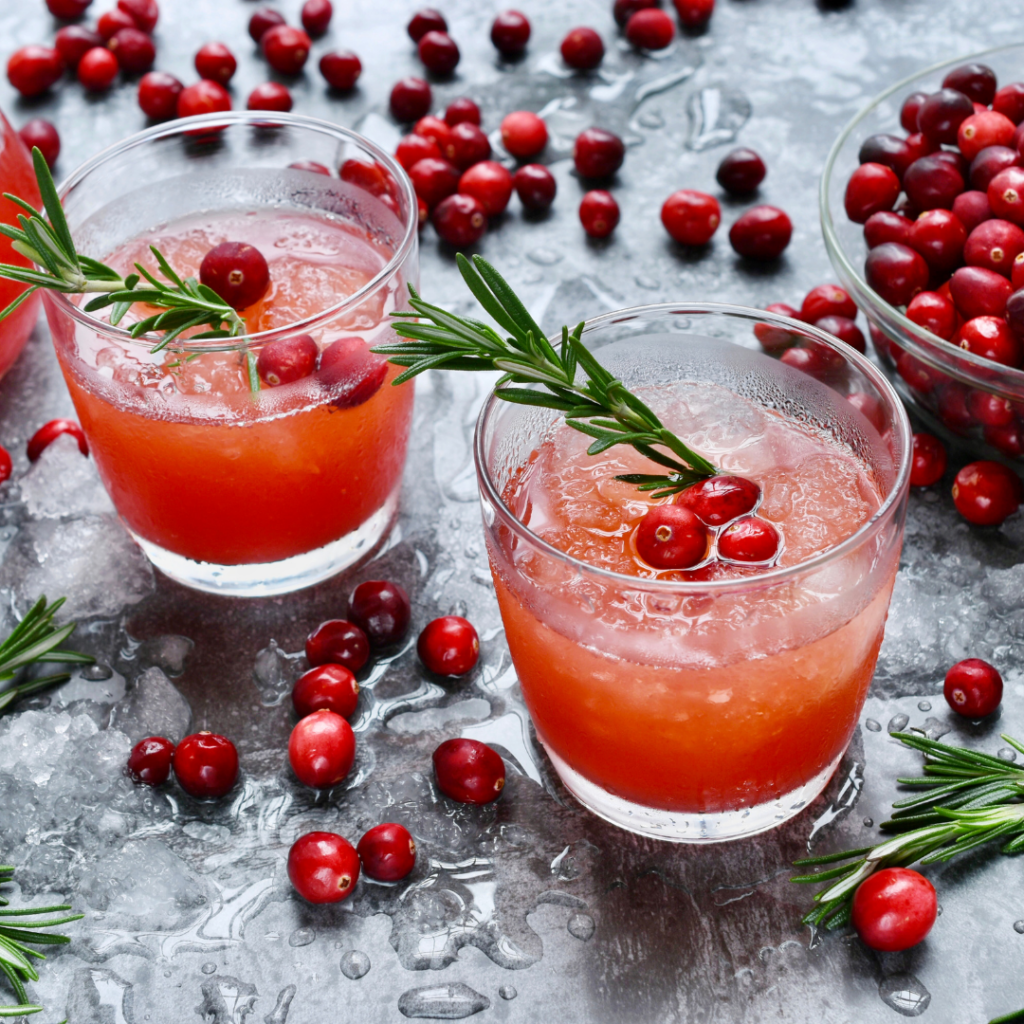In recent years, there has been a remarkable transformation in the landscape of beverages, particularly in South Africa. Gone are the days when the options for sophisticated non-alcoholic drinks were limited to a handful of uninspiring choices. Today, a revolution is underway in the realm of no and low-alcohol (NoLo) drinks, offering consumers an array of tantalizing options to explore. From non-alcoholic beers to alcohol-free wines and spirits, along with the emergence of increasingly sophisticated mocktails, the market is undergoing a significant evolution.
A Shift in Consumer Preferences
According to data from the IWSR, a leading source of insights into the global beverage alcohol market, the value of the no/low alcohol category surged past US$11 billion in 2022, marking a substantial increase from US$8 billion in 2018. Projections indicate that this growth trajectory will continue, with the value of the category expected to exceed US$624 billion by 2031. This surge in demand is not confined to international markets alone; South Africa is experiencing its own surge in interest and consumption of no-alcohol beverages.
Catalysts for Change
Several factors have contributed to the rise of the no-alcohol sector in South Africa. One significant catalyst has been the heightened awareness of health and wellness, particularly in the wake of the COVID-19 pandemic. The stringent lockdown measures implemented in South Africa included a ban on the sale of alcoholic beverages, prompting many individuals to reevaluate their drinking habits. The pandemic served as a catalyst for a renewed focus on mental and physical well-being, with a growing number of consumers opting for healthier lifestyle choices.
Research from NielsenIQ revealed that 41% of drinkers in the United States opt for no and low-alcohol beverages due to health and wellness considerations. Even younger demographics, such as Gen Z, are embracing this trend, with 36% of US Gen Zs choosing to go alcohol-free for mental health reasons. Similar trends have been observed in the UK, where 38% of Gen Zs reported abstaining from alcohol entirely over the past year.
Expanding Choice and Accessibility
Another driving force behind the growth of the no-alcohol sector is the increased availability and variety of non-alcoholic options. In the UK, 25% of drinkers attributed their increased consumption of low and no-alcohol beverages to greater availability. Despite this progress, challenges remain, with 17% of consumers expressing frustration over the lack of choice in the market.
Ayanda Mvandaba, CEO of DrinkNil, an e-commerce retailer specializing in non-alcoholic drinks, recognized these frustrations firsthand. Her personal experience during pregnancy led her to acquire Drink Nil, with a vision to address the gap in the market for quality non-alcoholic beverages. Mvandaba’s initiative underscores the importance of accessibility and convenience in driving consumer adoption of no-alcohol drinks.
Blending Tradition with Innovation
Importantly, the rise of the no-alcohol sector does not signify a wholesale abandonment of traditional alcoholic beverages. Instead, it reflects a broader shift towards moderation and inclusivity in drinking culture. Consumers are increasingly adopting a blended approach, enjoying both alcoholic and non-alcoholic beverages depending on the occasion.
NielsenIQ research revealed that 82% of non-alcohol drinks buyers also purchase alcoholic beverages, highlighting the coexistence of both categories within the market. Mvandaba refers to these consumers as “blenders,” individuals who appreciate the optionality of consuming both alcohol and no/low-alcohol beverages as part of a balanced lifestyle.
Embracing Choice
Ultimately, the growing popularity of no and low-alcohol beverages represents a broader cultural shift towards mindful consumption and choice. Whether opting for a non-alcoholic gin or savoring a classic cocktail, consumers are empowered to make decisions that align with their preferences and values.
As Mvandaba aptly summarizes, “It’s about choice.” Whether choosing to abstain from alcohol entirely or indulge in occasional moderation, consumers deserve access to a diverse range of beverages that offer the same quality and enjoyment, minus the intoxicating effects.
